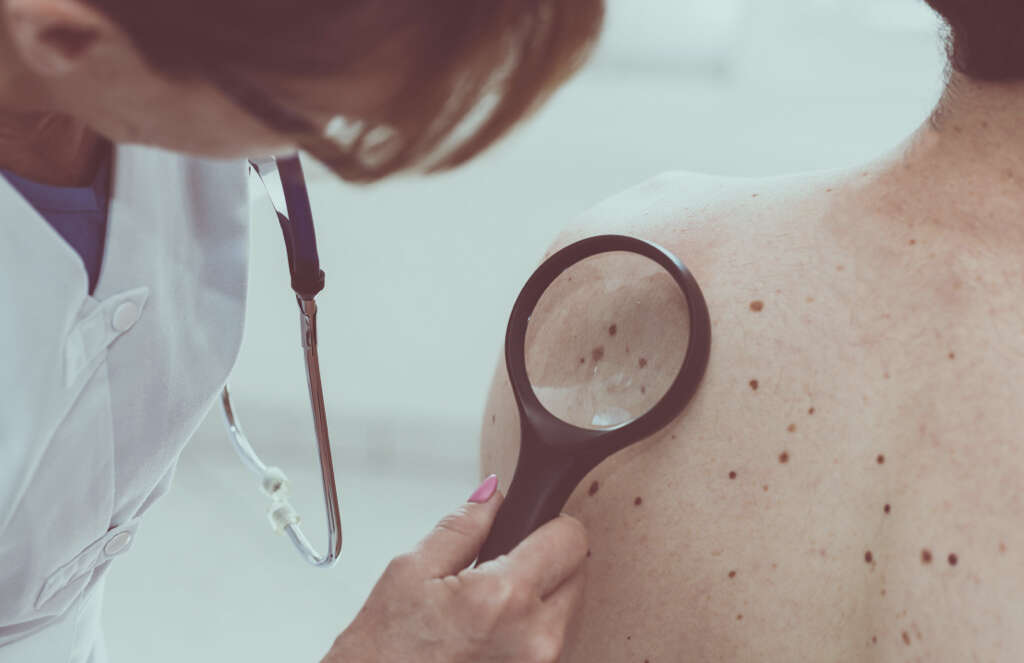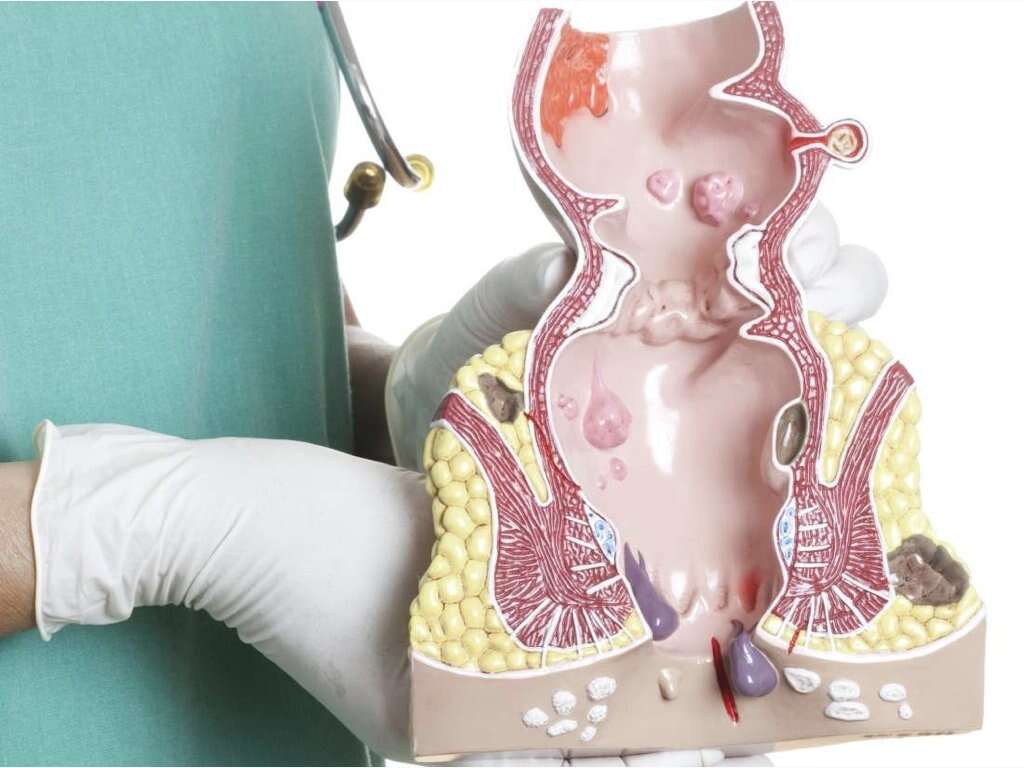What Is Lynch Syndrome?
 Article Sources
Article Sources
- 1. Bhattacharya P, McHugh TW. “Lynch Syndrome”. StatPearls. StatPearls Publishing, (2019). https://www.ncbi.nlm.nih.gov/books/NBK431096/
- 2. Munoz, Juan C. et al. “Hereditary Nonpolyposis Colorectal Cancer” Medscape: Drugs & Diseases (2017). https://emedicine.medscape.com/article/188613-overview
- 3. Strafford, J. Craig. “Genetic Testing for Lynch Syndrome, an Inherited Cancer of the Bowel, Endometrium, and Ovary” Rev Obstet Gynecol. 2012; 5: 42–49 https://www.ncbi.nlm.nih.gov/pmc/articles/PMC3349923/
5. Associated Conditions
People who have inherited the genes for Lynch syndrome are at risk for other cancers, in addition to colorectal cancer. These include cancers of the ovary, stomach, pancreas, bladder, prostate, brain, skin, hepatobiliary tract, and other regions. By age 70, the risk of endometrial cancer is 30-40% and 9-12% for ovarian cancer.2Munoz, Juan C. et al. “Hereditary Nonpolyposis Colorectal Cancer” Medscape: Drugs & Diseases (2017). https://emedicine.medscape.com/article/188613-overview
Turcot syndrome is the name given to the condition of having colorectal polyps in association with a brain tumor. Doctors once thought it to be a separate condition but now know the mutations causing Lynch syndrome are to blame. Muir-Torre syndrome involves tumors and carcinomas of the sebaceous glands, accompanying typical features of Lynch syndrome.2Munoz, Juan C. et al. “Hereditary Nonpolyposis Colorectal Cancer” Medscape: Drugs & Diseases (2017). https://emedicine.medscape.com/article/188613-overview
Advertisement











